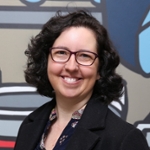
In Canada, I learned that networking is very usual and can be natural if you just share your stories, be a good listener to the stories of others, and find common interests.
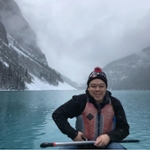
Look for jobs that interest you and show initiative by applying even if you do not meet all the requirements.
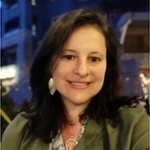
Networking is key for helping you continually develop and learn.

When doing an interview, believe in yourself and be proud of your story. I would suggest focusing on demonstrating skills that are useful for the job, even if you do not have the exact job description qualification required for the position.
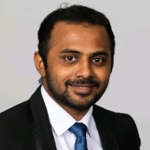
Every company hires to solve an issue they have, so when doing an interview, showcase that you are capable of solving their problem.

Networking means putting yourself out there for the world to see.

My strategy at Langara College was meeting as many industry professionals as I could through all the extracurricular activities I was doing.

Do not click the “fast apply” button and expect to magically land a role.

Always send them thank you email and stay connected after the interview.
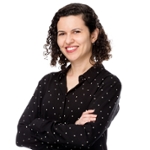
Recruiters are not interested in your entire life, so I believe a crafted message according to your audience is always applicable and makes it more interesting.

Be resilient and do not underestimate your achievements and strengths! You are not starting from zero, your experience can be a lot more meaningful than you think.
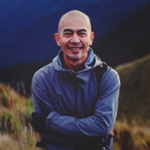
Whether it's an online interview or in-person, the first impression you give your interviewers is very important as it sets the tone.

The Vancouver marketing community is close-knit, which means the more you put yourself out there attending industry events, social gatherings and volunteering with relevant organizations, the more you increase visibility and build a positive reputation within the community.

My tips are straightforward: attend Langara's career fair events, build your LinkedIn profile, join networking sessions, volunteer, learn about different cultures, learn about yourself, your skills, and desires, increase your self-awareness, benchmark with your career of choice, and ultimately, learn planning first, then plan for your future career.
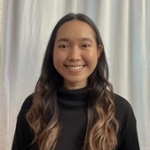
I knew that every job posting was unique, so it is crucial to read each one carefully to understand the requirements the recruiter wants when applying. I also made sure to research the company and familiarize the products/services it offered before interviews.
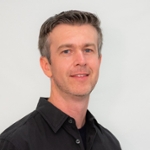
When I heard in the radio that ICBC was shifting to a No-Fault system, I immediately identified myself with all the experience I had as a medical expert in the judicial court, that I could personally relate with the company’s new vision and mission and that I could make a great impact in my interview.

My tips for students to be successful in their job search are to attend CCDC workshops and events, work on their LinkedIn profiles, and network as much as possible.
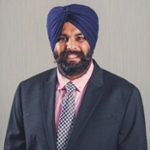
One of my biggest challenges was coming out of my comfort zone because I am an introvert.
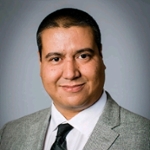
Make yourself remembered. Send a message to former colleagues, instructors, and people that you asked or asked you for coffee.
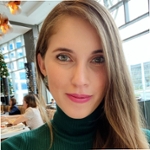
While applying for jobs, my first step was to filter the job posts in which I could fulfill at least 60%-70% of the requirements before revising my resume and cover letter.
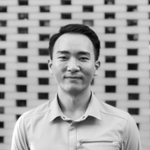
Networking is connecting with people who share the same interest in the context of the event. Thus, it may lead to new insights, collaboration, mentorship, and other unforeseen opportunities.

Strategies guide our decisions and they evolve, so don’t feel like you’re off track if a strategy you picked years ago does not align with who you are and what you want right now.